Tag Games recently announced its latest project, a close collaboration with flaregames to deliver live operations on Nonstop Knight. This dedicated live operations service forms a major part of Tag's plans for 2017 and Matt from PGBiz had a chat with CEO Paul Farley on the subject. Here's some of the highlights....
Fully equipped
Tag Games' introduction to live ops came in 2011 when it launched its first free-to-play title Funpark Friends. “We had a view even back then that the structure of a team when you're running a game in the live phase is very different to how you structure standard development,” recalls Paul.
“As we've done more of that type of project, we've had to hire certain types of people - product managers, data analysts, even the type of game designers that we hire for those kinds of projects are a little different.”
This has stood Tag Games in good stead to scale up its live ops business, but the idea to take on live games in partnership with other developers is a relatively new one. From conversations with developers so far, Paul reports that it's an idea that's been warmly received by the community.
“This is something that, as far as we can tell, not many developers - if any - are doing. For us as a studio, it's a chance to really set ourselves apart as there's definitely a need for such a service."
A String to the Bow
Tag Games will continue to develop its own IP and work-for-hire projects for the foreseeable future, with its live ops business “a really interesting string to our bow” but not its raison d'être.
In an ideal world, Paul explains that he would like the studio to be in a position where 50% of revenues come from live ops and the other 50% is split between original IP and work-for-hire.
“I'd like to double, triple what we're doing in live ops this year. There are a couple of large live ops projects at the moment that we're in discussions around and if we secure those we'll see quite a significant jump in revenues.”
More hands on deck
Farley believes that the mobile games industry is crying out for a service like this, particularly the smaller developers who find themselves running a profitable live game but want to focus on new projects.
“Companies like Gameloft have multiple large studios dotted around the world, and they clearly have a process in place for managing the lifespan of their games,” he considers.
“I would imagine we will be working with a lot with developers who don't have that capacity, but are looking to bring in some fresh blood with new ideas, which can really help breathe new life into a title."
As it stands, he believes that there are games brought to a premature end simply because their developers lack the means or motivation to continue running live ops.
“Are some developers and publishers leaving money on the table from games that could be more effectively commercialised? Yeah, that's definitely the case.”
Ready for a hit
But of course, this new live ops approach also has benefits for the team at Tag Games. As well as diversifying its business and providing a new revenue stream, the insights the studio can gain from working with these games will prove invaluable.
“We've had a lot of success with work-for-hire projects, but are still really driven to create that hit game of our own, one for which we can maintain long-term success. For us to be able to do that, we need to understand the live ops phase.”
As such, a scaled-up live ops division with an advanced understanding of market trends and player behaviour benefits not only Tag Games' clients, but Tag Games itself. But will external live operations be a service that's more widely-offered in the near future? Paul certainly believes so.
“Game development is more collaborative than it's ever been and I would expect to see a lot more than that going forward.”
The above article was originally published in PocketGamer.biz on 17/03/2017 and can be found here.


